Speaking at the Casual Connect videogame conference in Seattle, Wash., Valve Managing Director Gabe Newell said his company is interested in bringing its Steam digital storefront to Linux as a way of hedging its bets against a potential failure of Windows 8, according to All Things D.
"I think Windows 8 is a catastrophe for everyone in the PC space," Newell said. "I think we'll lose some of the top-tier PC OEMs, who will exit the market. I think margins will be destroyed for a bunch of people. If that's true, then it will be good to have alternatives to hedge against that eventually."
When Windows 8 launches on October 26, it will signal a major change in strategy for Microsoft, which will be building its own touchscreen tablets, called "Surface," to compete with Microsoft's own third-party vendors in the market. Some have also speculated that Microsoft's strategy of offering both ARM-based tablets and traditional computers running Windows 8 will confuse and frustrate consumers, along with the operating system's new Metro user interface.
The new Metro user interface in Microsoft's Windows 8.
Valve also expanded its reach beyond Windows in 2010 when it brought its Steam storefront, as well as some of its most popular games such as "Portal" and "Team Fortress 2," to Apple's OS X. Going forward, Valve plans to simultaneously release all of its games on both Mac and PC, including "Counter-Strike: Global Offensive," which is set to launch on August 21.
While Valve has embraced the Mac, Newell's comments this week at Casual Connect suggest he isn't a fan of Apple's less open platform strategies. He said Valve wouldn't exist today without open platforms that encourage innovation.
"There's a strong temptation to close the platform, because they look at what they can accomplish when they limit the competitors' access to the platform, and they say, 'That's really exciting,'" Newell said. "We are looking at the platform and saying, 'We've been a free rider, and we've been able to benefit from everything that went into PCs and the Internet, and we have to continue to figure out how there will be open platforms.'"
Newell also revealed he isn't sold on the long-term viability of touchscreen-driven platforms like Apple's iPhone and iPad. He called touchscreen interfaces a "short-term" trend that will be "stable for 10 years."
In what he called a future "post-touch" era, Newell said he believes users will wear bands on their wrists that will enable complex gesture-based controls on future devices.
"You'll be doing something with your hands, which are really expressive," Newell said.
 Neil Hughes
Neil Hughes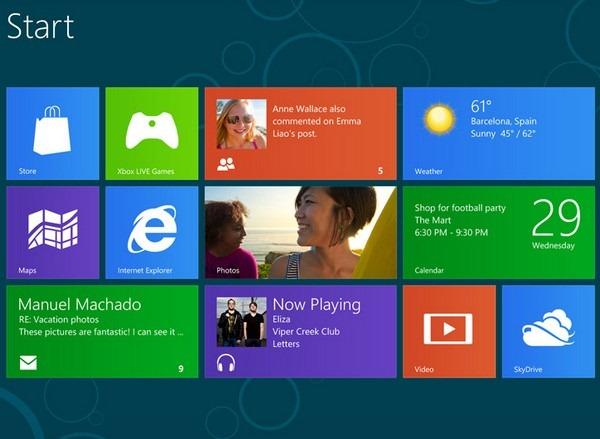
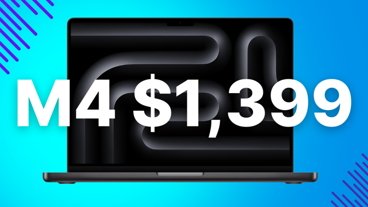

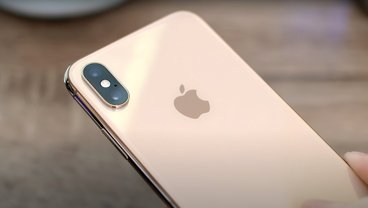
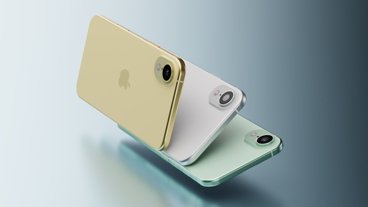
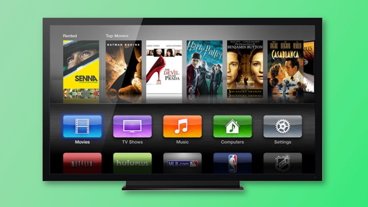

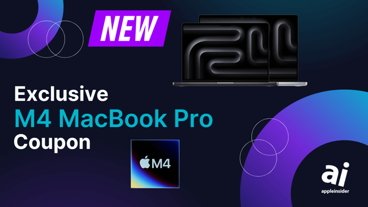






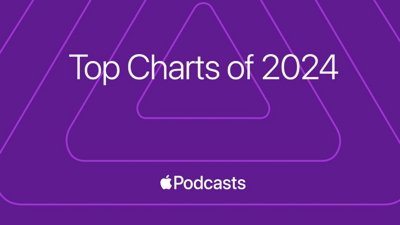
 Malcolm Owen
Malcolm Owen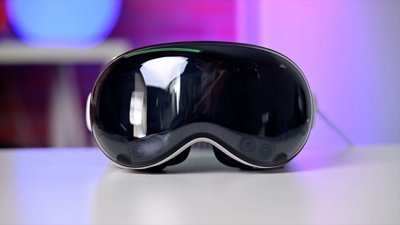
 Oliver Haslam
Oliver Haslam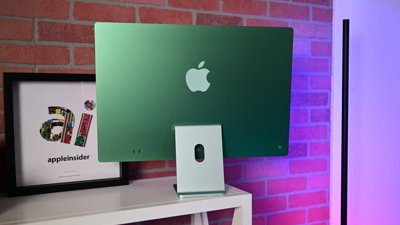
 Andrew O'Hara
Andrew O'Hara
 Sponsored Content
Sponsored Content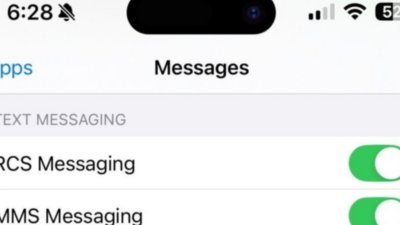
 Charles Martin
Charles Martin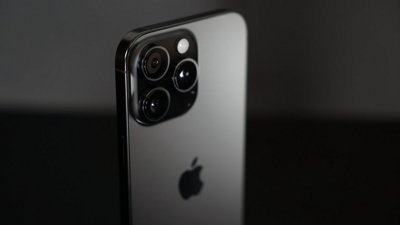
 Wesley Hilliard
Wesley Hilliard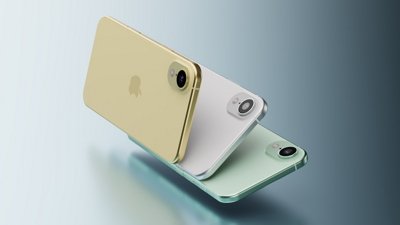
 Marko Zivkovic
Marko Zivkovic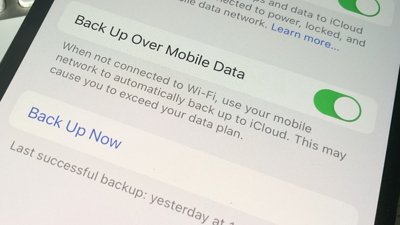









160 Comments
Everything that Microsoft has changed in Windows 8 is wrong.
Someone correct me. I don't want to be right about that, but I can't seem to remember anything I preferred over earlier versions.
I've heard that comment a number of times from different sources but nobody ever goes on to say why it's so bad. Not sure if it's just MS bashing or if Metro really is that bad. Perhaps someone would care to explain what's wrong with the Metro interface. I use Mac and PC with my work so I'm genuinely interested to know.
It's a shame there isn't a 15" iPad or a Mac laptop for £500 - Apple would probably clean up and double their market share if Metro is so bad.
Win 8 may very well be doomed, but this guy has an agenda.
He's mostly ticked because app stores that come with the OS compete with Steam.
The notion that Steam is "open" is laughable. It's a DRM'd app store, just like Apple's or Microsoft's.
This is the same guy that said this about Apple last year:
"They build a shiny sparkling thing that attracts users and then they control people's access to those things."
Valve's Gabe Newell predicts Windows 8 will be a 'catastrophe' Well is sure as clown-vomit *looks* like one . . .